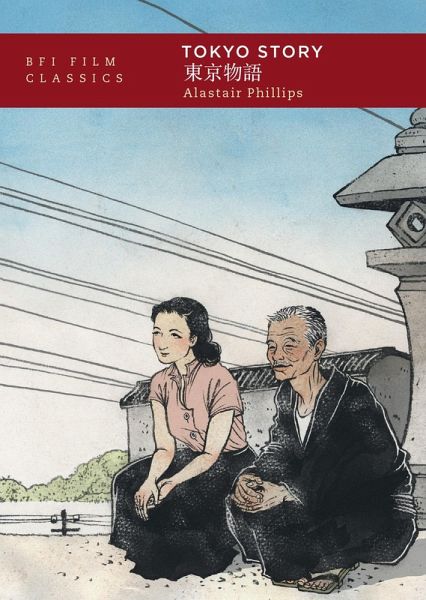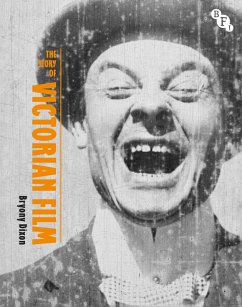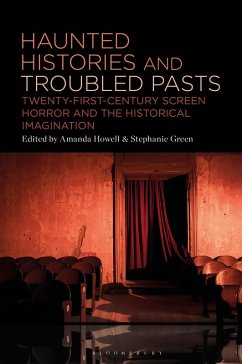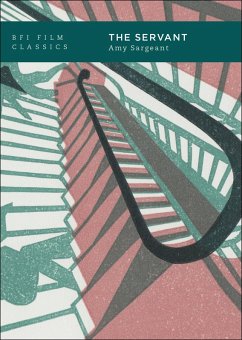
Tokyo Story (eBook, ePUB)

PAYBACK Punkte
6 °P sammeln!
This BFI Film Classics study of Tokyo Monogatari/Tokyo Story (1953) reveals the making, meaning and legacy behind Ozu Yasujiro's masterpiece. Ozu's moving family drama is universally acknowledged as one of the most significant Japanese films ever made. In its complex portrait of human motivation and lively sense of social space, it offers a profound and poignant insight into the generational shifts of post-war Japan. Alastair Phillips provides an in-depth analysis of the film and its key locations - the city of Tokyo, the town of Onomichi and the coastal resort of Atami - with a discussion of ...
This BFI Film Classics study of Tokyo Monogatari/Tokyo Story (1953) reveals the making, meaning and legacy behind Ozu Yasujiro's masterpiece. Ozu's moving family drama is universally acknowledged as one of the most significant Japanese films ever made. In its complex portrait of human motivation and lively sense of social space, it offers a profound and poignant insight into the generational shifts of post-war Japan. Alastair Phillips provides an in-depth analysis of the film and its key locations - the city of Tokyo, the town of Onomichi and the coastal resort of Atami - with a discussion of its representation of Japanese society at a time of great cultural change. Drawing upon Japanese and English language sources, he situates the film within various contemporary critical and industrial contexts and examines the multiple international dimensions of Tokyo Story's long after-life to understand its enormous contribution to global film culture.













